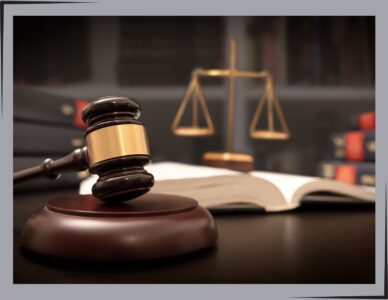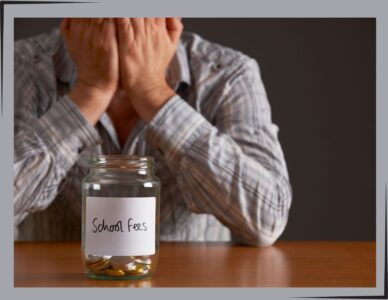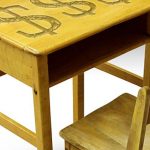Perspectives is an opportunity for Fellows and others to share their ideas in short, accessible essays. IPE/BC Fellows hold a range of views and interests relative to public education.
Public education should be free
by Larry Kuehn
August 23, 2024
That is the principle pursued by then Victoria school trustee John Young when he went to court against his own school board to get a ruling  that provincial law meant that fees could not be charged. The court case was successful in 2006.
that provincial law meant that fees could not be charged. The court case was successful in 2006.
If that news stuck in your mind for nearly twenty years, you may have been surprised when your school handed you a bill for fees. But you wouldn’t be surprised to learn that the impact was overturned when the government in 2007 passed a new provincial law and procedures for schools to charge for some things.
The policy defines what can be subject of a charge: “items such as materials, supplies, equipment, safety devices, exercise books, uniforms and the rental of musical instruments, which are intended for the personal use of the students.” Pretty broad, especially with the “such as” indicating that there could be other items.
The school district will have a procedure defined to carry this out. It should be available on the school district website or available at the school.
The North Vancouver policy, as an example, says that the school principal is responsible for establishing the fees for the school. However, she “shall consult with appropriate teachers, staff, staff committee, students and the Parents’ Advisory Council prior to establish the fee.” Do you recall that consultation last school year?
“shall consult with appropriate teachers, staff, staff committee, students and the Parents’ Advisory Council prior to establish the fee.” Do you recall that consultation last school year?
In North Van, the proposed schedule of fees is supposed to be annually presented at a school PAC meeting in time for the list to go to the Superintendent by April 30 for the next school year or November 1 in secondary schools. Check your local policy for process and dates.
John Young went to court because he believed that charging fees produced inequalities. He grew up in a large family in poverty, himself. He was a teacher and principal in schools where he saw the impact on some students of not having what the other kids had, or having to plead poverty to get what they needed. As a school trustee for some twenty years, he heard from parents who felt ashamed that they weren’t able to ensure their children had the same opportunity as some others.
When the law overturning the court decision was passed, there was a requirement that districts adopt a policy for a fee waiver in cases of  financial hardship and how the waiver can be obtained. The policy is supposed to be fair, consistent and confidential. You can find how your district provides this in the district policy or ask the school principal.
financial hardship and how the waiver can be obtained. The policy is supposed to be fair, consistent and confidential. You can find how your district provides this in the district policy or ask the school principal.
That was not enough for John. It still can make students feel marginalized based on their family circumstances. He believed that public education should be free and that meant it should include any resources that are a required part of the program of the school.
John continued advocating for the principle that public education should really be free until he died in his 90s. It is a cry worth taking up by the rest of us.
Larry Kuehn is a member of the IPE/BC Board of Directors and chair of the Research and Programs Committee. He is a research associate for the CCPA and retired BCTF Director of Research and Technology. He has written extensively on education matters including funding, globalization, technology and privacy.


